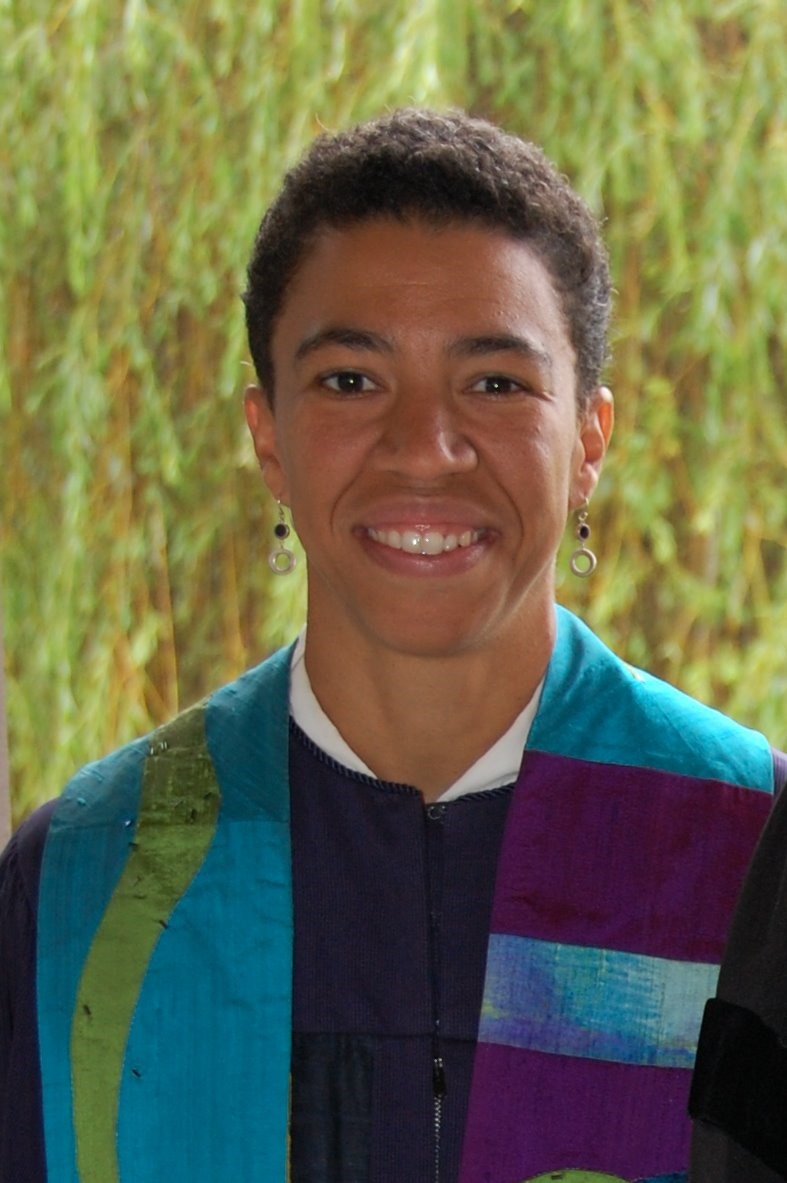When I moved to Victoria three and a half years ago, I was surprised to discover how secular it was. Perhaps I should say, I was not surprised that BC was secular in outlook, but by the vehemence and intensity with which a secular identity is claimed. It has often felt to me that if you claim to be a person of faith or churchgoer here you have some explaining to do. You are looked at askance or given an incredulous look. Members of my congregation frequently speak of their sheepish feelings when they tell friends and family they go to church. “I tell them, ‘It’s not that kind of church.’” they say. Why the antipathy toward all things spiritual and religious? Is it a matter of defining one’s terms? Is it rooted in anger at “the church”, which is based in resentment of hierarchy, authority, and strict dogma?
I am concerned that this antipathy paints with too broad a brush. The image that many people hold of religious life (and a spiritually centered way of living) is limited to a very narrow swath of fundamentalist practitioners. It is only a fraction of today’s Christians or Muslims (to name the two faith traditions most often seen in the news) who see the world in terms of those who are saved and on the “right” side and those who are fallen and depraved. Both religious traditions have strong and vibrant communities of progressive believers who see their faith as that which guides them to act in loving and just ways. Simply put, the fundamentalists and evangelicals may get all the press, but they are not the whole story.
Perhaps the other reason for the antipathy has to do with different notions of what it means to be spiritual. Too often, I find that people think it takes a very particular and circumscribed form. Spiritual living either requires a piety that few possess or asks for blind and unthinking devotion. These images of what it means to be religious or spiritual don’t work for our 21st century intellectual demands and convictions about the knowledge we are gaining each day from science and technology. I think this sets up a false dichotomy. You can be a thinking person of faith who both respects the scientific method and is in awe of the many mysteries of life. You can be well read and independent minded, and still feel deeply grateful for the blessings you have received. As many members in my congregation proclaim, one can say, “I am a spiritual atheist.”
When I chose to heed the call to become a minister, I was both humbled and proud. I felt moved to join in a long line of Unitarian Universalist religious leaders who had believed in the goodness of human beings and our potential, and drawn a wide theological circle that made room for believers and non believers alike. I am still proud of this inherited legacy and to have work which is so richly meaningful. I have been invited in to so many life-altering moments in peoples lives. And yet, these days when I introduce myself as a minister, I regularly have to fight the temptation to apologize for the associations my title evokes. I look forward to the day when the introduction leads to curious questions--what faith tradition are you a part of? what are the worship services or rituals of your congregation like? tell me about the most recent memorial service you officiated? I will answer joyfully.
 Rev. Shana Lynngood is co-minister of First Unitarian Church of Victoria. She has lived and served in Victoria since 2010.
Rev. Shana Lynngood is co-minister of First Unitarian Church of Victoria. She has lived and served in Victoria since 2010.
You can read more of our interfaith articles on Spiritually Speaking


